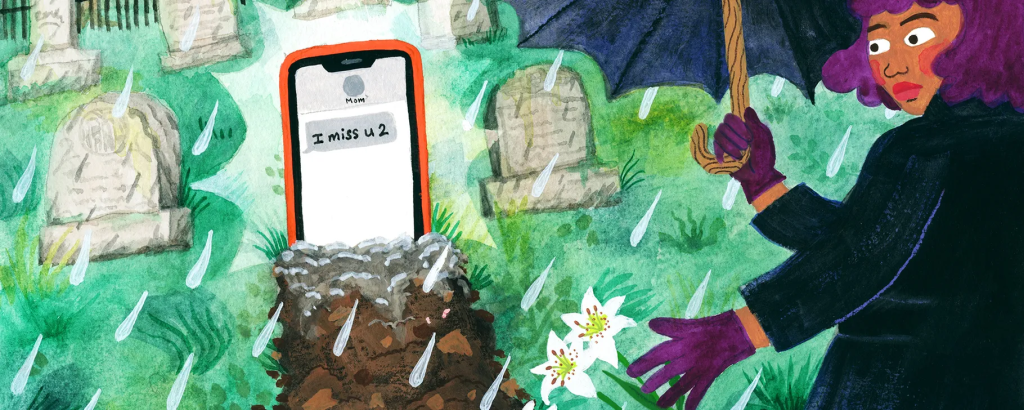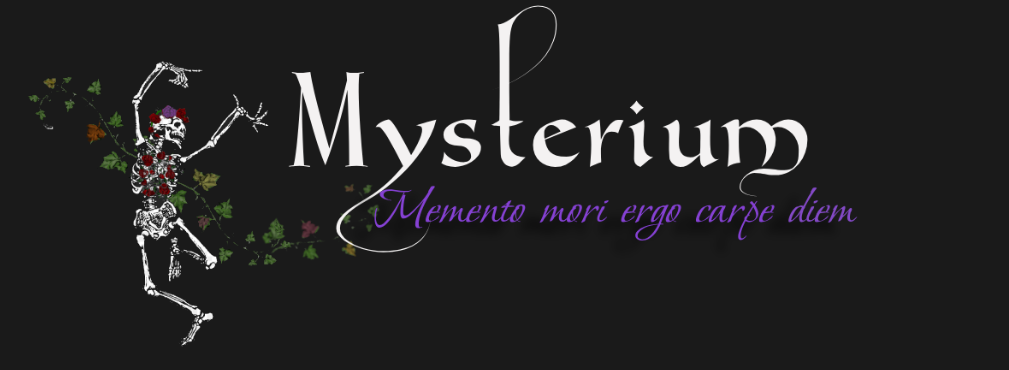
Mihika Agarwal writes for Vox on the rise of AI-assisted grief processing:
In the spring of 2023, Sunshine Henle texted her mother. She asked where she had gone, told her that she missed her, and soon received a response: “Honey, I wish I could give you a definite answer, but what I do know is that our bond and our love transcends physical boundaries. In some ways, I’m everywhere. I’m in the memories we shared, the love we had and the lessons I gave you. I’m in your heart and in your dreams. I’m in every breeze that brushes your face. Every beam of sunlight that warms you in every star that twinkles in the night sky and maybe in a way that we don’t fully understand. We will see each other again.” Henle read the message out loud to her husband, and the couple began to cry.
Last Thanksgiving, they lost Henle’s 72-year-old mother to organ failure. The entity now texting with Henle was a “ghostbot” of her mom powered by OpenAI’s ChatGPT. She had simulated it by feeding the software old text message exchanges between her and her mom. Henle, who is a Florida-based artificial intelligence trainer, was naturally open to using the software in this way.
